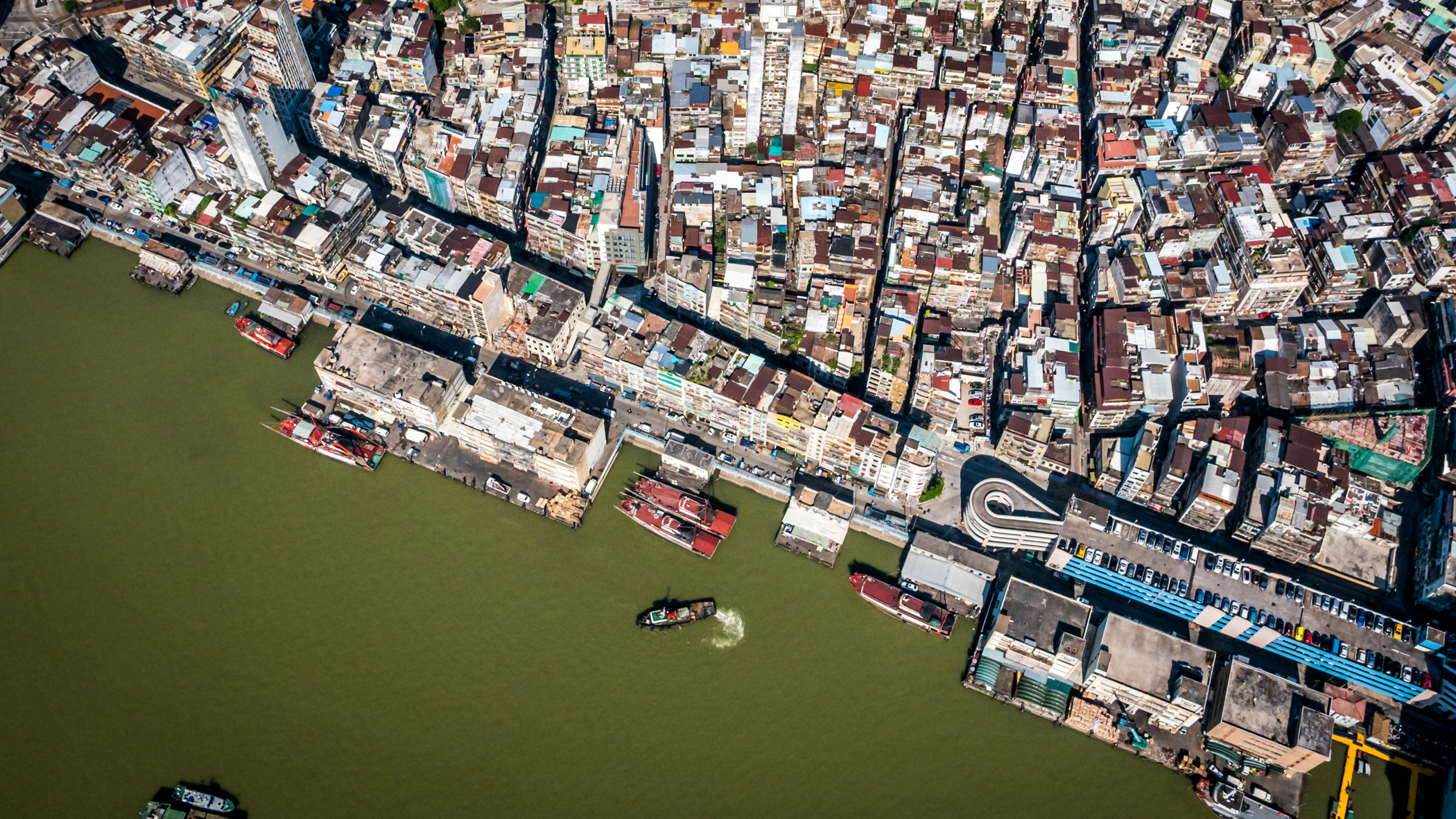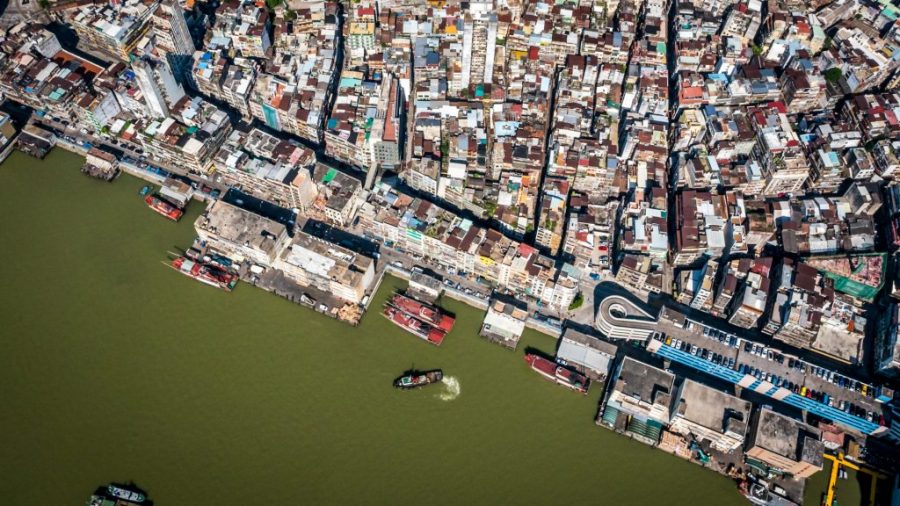Tougher fire regulations aboard fishing vessels will come into force next month in response to the huge blaze which destroyed five boats last April.
Macao Marine and Water Bureau (DSAMA) Maritime Activities Department Chief Wong Man Tou said that the bureau has strengthened its management rules for fishing vessels at the Inner Harbour.
The fire broke out in the Inner Harbour on 25 April after a gas cylinder on one of the boats exploded, causing six massive blasts which sank five fishing vessels.
Wong pointed out that once the new management rules have been implemented next month, all fishing vessel owners will be required to inform the bureau of their vessel licences, contact details, berthing dates and the amount of diesel fuel and liquefied petroleum gas (LPG) onboard before entering the anchorage.
He stressed that in case of any unexpected accident, the owner of the respective vessel could be contacted immediately, and rescue work could be better carried out.
Wong underlined that in accordance with the rules, diesel fuel can only be stored in tanks while the storage of “too much” LPG onboard is prohibited, noting that only three tanks of up to 50 kilos together will be allowed onboard when berthing.
However, he said that vessels with excessive amounts of dangerous goods, such as LPG, are still able to enter the Inner Harbour. However, after berthing, he added, the goods must be removed from the vessels promptly, otherwise, they must leave the anchorage.
Wong also said that more DSAMA staff members will make additional patrols of the anchorage during the annual fishing moratorium and around Chinese New Year, underlining that boat owners will be fined between MOP 500 and 10,000 if their boats are found to be storing dangerous goods that are prohibited, or if the storage of LPG exceeds the legal limit.
Moreover, Wong noted that two control zones will be set up, one in the northern and the other in the southern areas of the Inner Harbour, for vessel owners to carry out open flame activities and welding repairs onboard their boats. He added that the bureau will arrange for vessels to enter the control zones in an orderly manner once the fishermen notify the DSAMA, but they must berth separately.
In view of the traditionally high number of boat mooring side by side, fishing vessels using the Inner Harbour anchorage area must be divided into groups of only up to five boats berthing side by side, Wong said, adding that each group of boats must be separated by at least 10 metres. He underlined that any cooking, worship and maintenance will be prohibited in the anchorage.
Wong noted that in the past 10 years only about 200 fishing boats usually berthed simultaneously in the anchorage at its peak, so he believed that there is enough space to implement the new rules in the port.
In a separate operation, DSAMA staff recently inspected 101 fishing vessels berthing in the Inner Harbour, and assisted the boat owners to remove excessive amounts of inflammable and dangerous goods, such as LPG, petrol and compressed gas, onboard.
The bureau, together with the Macao Customs Service, recently held a briefing session with representatives from a number of fishermen’s organisations to explain the tightened rules on the management of the vessels in the Inner Harbour anchorage, so as to enable the fishing sector to prepare for the new mooring arrangements in advance. The special seminars will also be arranged for fishermen while assisting them in registering their boats before the new rules come into force next month.
The bureau urged fishermen to continue to maintain a high level of fire safety awareness while berthing in the anchorage and to arrange for staff to stay on the vessels, adding that they should also ensure that it is always sufficient and “workable” fire-fighting equipment onboard while paying close attention to the safety of their boats, The Macau Post Daily reported.






